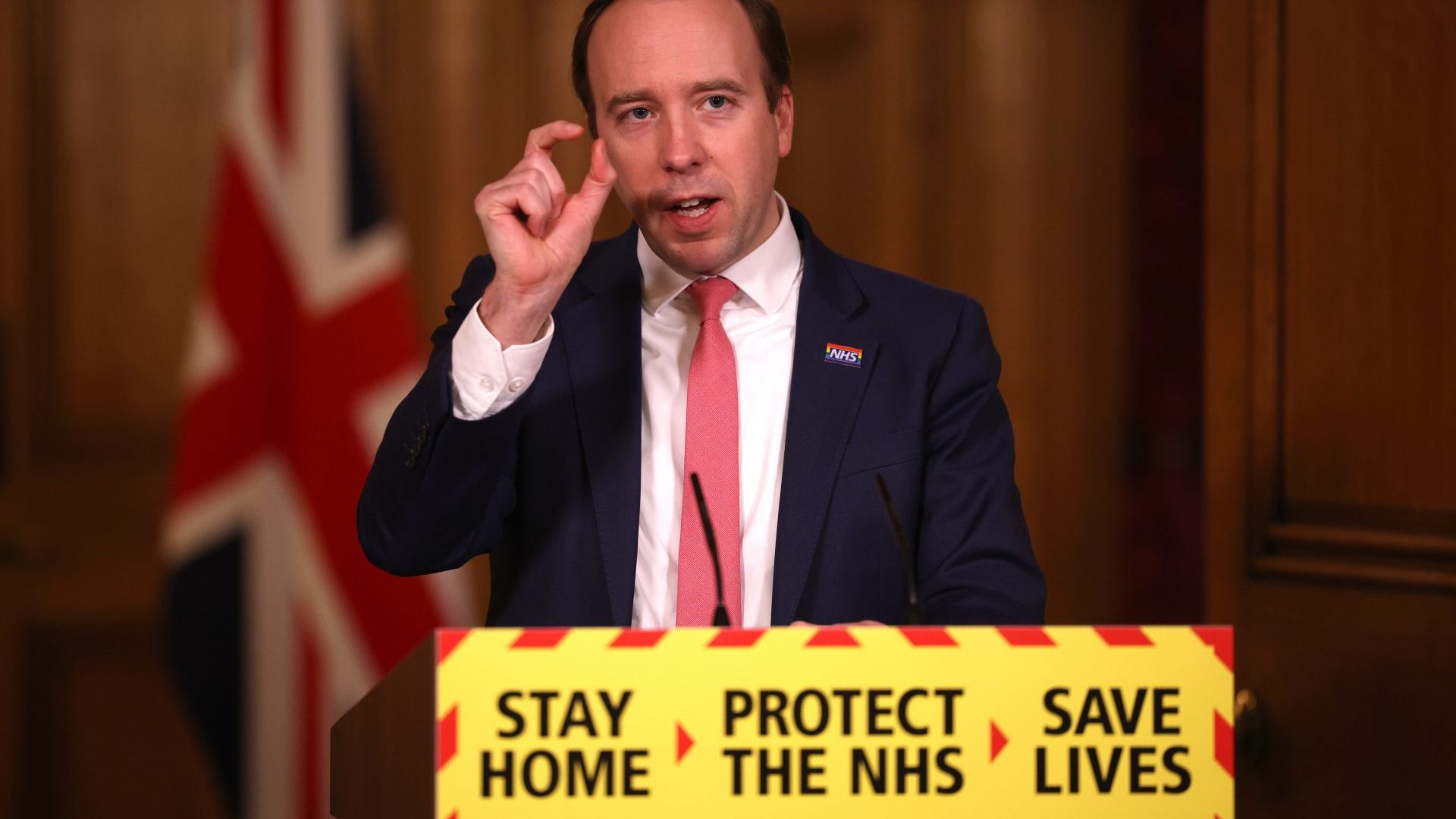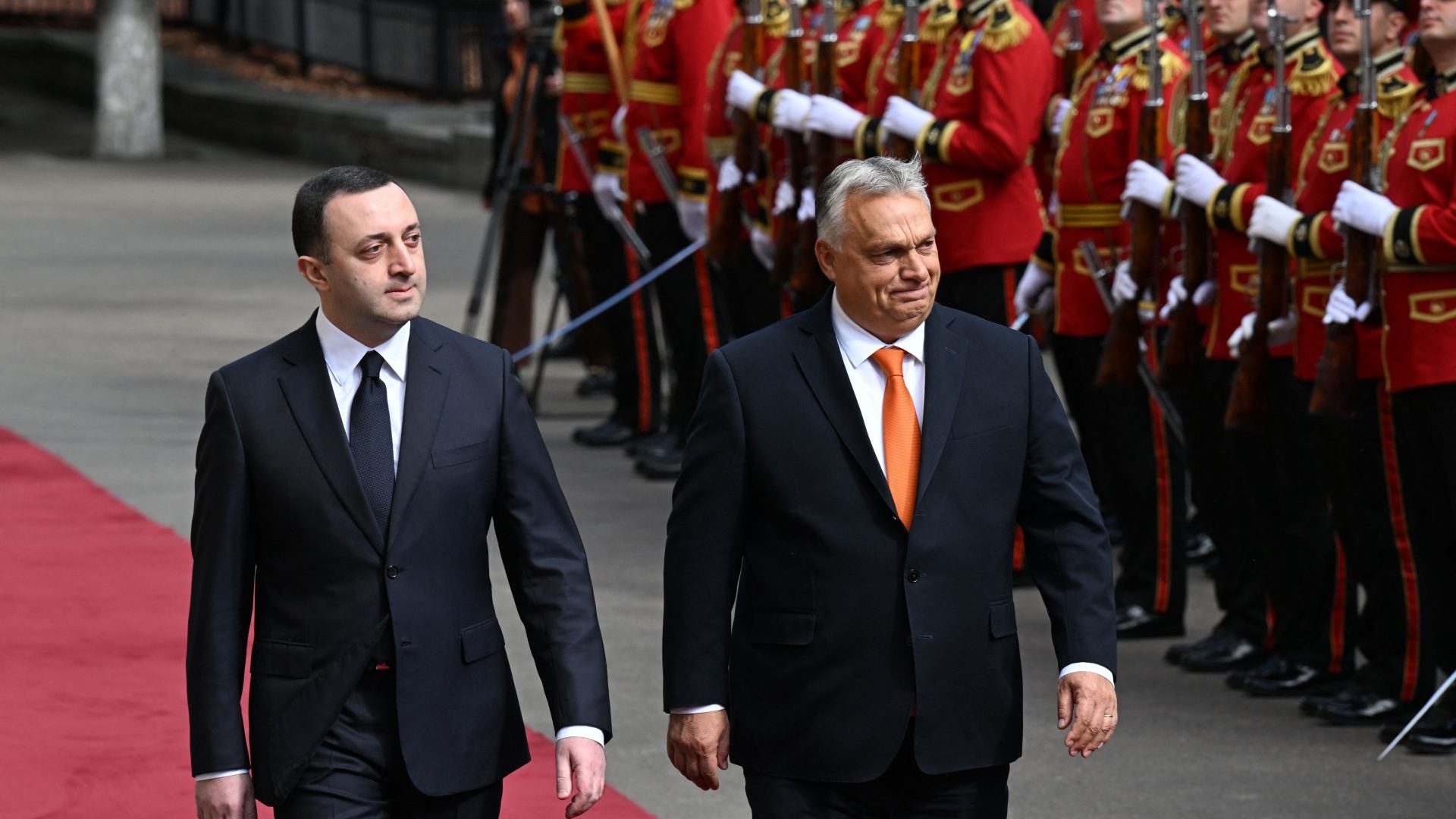The cabinet secretary holds a particularly important position in the UK. By the government’s own definition, he is the prime minister’s most senior policy adviser and he is also head of the civil service and the nearly half a million public servants who work in it.
Yet it is now public knowledge that the current incumbent proclaimed that the government “is looking like a terrible, tragic joke” and that while Boris Johnson was nominally prime minister “the real person in charge is Carrie”, Johnson’s then fiancée and now wife.
Surely, the publication of those ill-judged statements should render the position of Simon Case as cabinet secretary untenable. To many eyes, his involvement in Partygate had already pointed towards a hasty departure from the role he took on in September 2020.
Case sat tight. But the latest revelations are surely too damaging for him to survive. Apart from the unflattering light in which they showed his impact as adviser to the PM, they could only further demoralise a civil service in desperate need of strong leadership.
But Case is not resigning. Instead, we are told that he is taking a few weeks of medical leave for unspecified causes, but which probably don’t include gross incompetence and appalling judgement. The therapeutic effects, however, are likely to include evading an imminent grilling by Baroness Hallett’s Covid-19 Inquiry.
A decade ago, there might have been demands for Case’s head and he would have scuttled off, head bowed in shame. Today, though, the rich and the powerful seem prepared to brazen out their position in the knowledge that the public is not interested and the media will follow its lead.
Johnson is perhaps the most obvious example of someone to whom the concept of shame was meaningless. He would still be clinging on to office today were it not for the fact that his failings were so egregious that, eventually, his colleagues could ignore them no longer.
But his attitudes have polluted the atmosphere in which public figures operate, and changed what is expected of them.
Bernie Ecclestone, the former Formula One supremo, was found guilty last month of misleading HMRC over £400m in an offshore bank account. He got a suspended prison sentence and went back to enjoying his billionaire lifestyle. The self-righteous newspapers that would routinely pillory a desperate single mother for being a “benefits scrounger” showed barely a flicker of interest in Ecclestone’s attempts to rob his country: he paid the fine and that was the end of the matter.
Michelle Mone, accused of using her position as a peer to benefit from government PPE contracts, has shown little sign of penitence. Despite the valiant efforts of this newspaper to keep the allegations against her in the spotlight, her glossy website still offers her services as a speaker or mentor, apparently believing that “her experience and wisdom could transform lives and inspire others”.
When yet another Conservative MP was accused of rape, this time with drug possession thrown in, there was such an air of familiarity about the story that it soon vanished from the headlines. Although Crispin Blunt has unveiled himself as the accused in this case, some people will vaguely recall that there were similar allegations made last year about a different Conservative MP who has never been named but against whom, presumably, the allegations still stand. Public expectations of parliamentarians are low – and regularly justified.
On this index, the fiasco of the Liz Truss government delivered emphatically. Those 45 days did huge damage to the UK economy, but had devastating effects on individuals who had already been struggling to balance their finances before she sent mortgage rates soaring.
But the concept of shame is as alien to Truss as it is to Johnson. Far from retreating from the public stage to contemplate how she might make amends, she has continued to trumpet her philosophy and suggest that she alone is marching to the right tune. Extraordinarily, there are still some Conservative Party members apparently prepared to believe her.
Truss surpassed the low expectations of politicians to such an extent that, however loyal and misguided her remaining supporters may be, there can be little chance of her returning to the mainstream. But, for the truly shameless, there are other options to regain the spotlight.
The former health secretary, Matt Hancock, has demonstrated that. Hancock’s place in history is assured. Being the UK’s man in charge of health when the pandemic struck was not a passport to success. The country was ill-prepared, investment had been lacking, and the NHS was already creaking under the demands of an ageing population. A more competent individual might, however, have done better than Hancock.
It is now known that he was engulfed in an affair that impinged on his day job and led him to break the Covid rules, although those rules seem to have been routinely shunned by the government. The PPE procurement process he presided over was not only chaotic, but also corrupt. And, as the Hallett Inquiry is uncovering in horrendous detail, the chaos went beyond procurement and into the way the pandemic was being handled generally.
In one memorable remark, Hugo Keith, the counsel to the inquiry, said last month that the health secretary had an apparent tendency to “get over-excited and then make stuff up”.
Would Hancock feel ashamed by such a revelation? It’s more likely he would judge that it sounded like a suitable addition to his CV for someone planning a new career in reality television.




